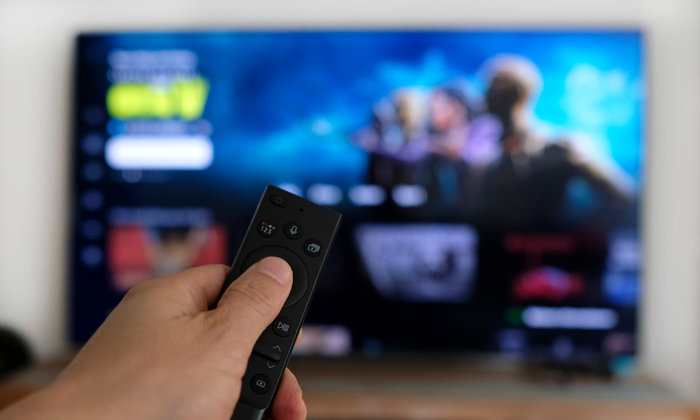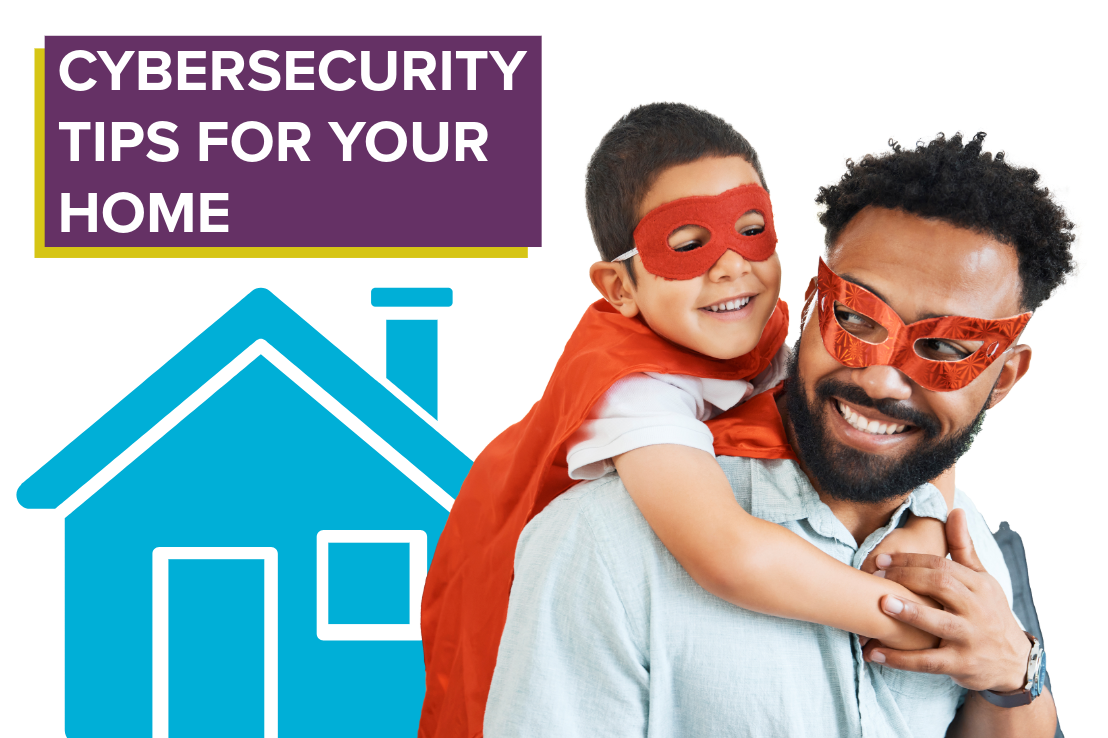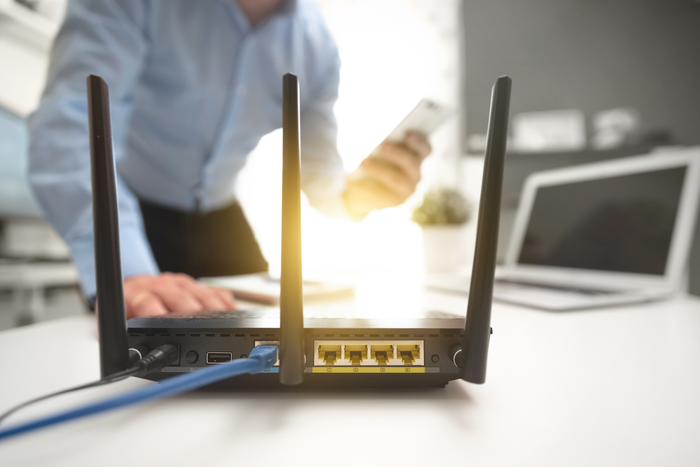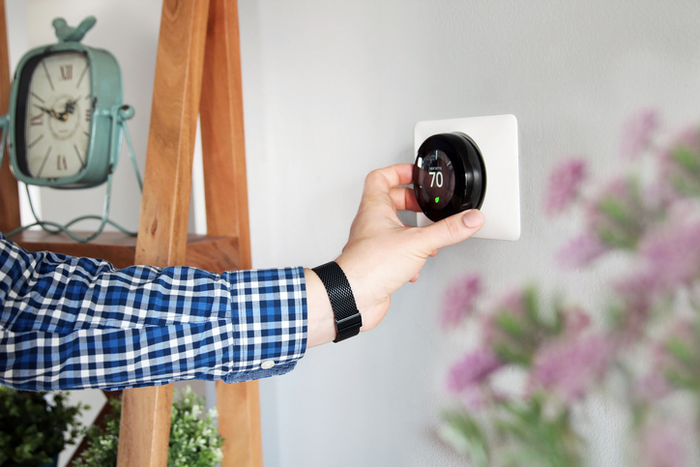With so many devices connected to your home network, digital upkeep is a must. Learn simple steps for protecting your home.
From smart doorbells to remote work setups, connected devices and technology are a part of our everyday lives at home.
While these tools bring convenience, they also require a bit of digital upkeep and security. BBB is here to help you be proactive and take simple steps to ensure your home (and everything else connected to it) stays safe and secure.
What you'll learn:
- How can I secure my home networks?
- What should I know about software updates?
- How can I keep my smart home devices secure?
- How can I keep my family safe online?
- Where can I find additional cybersecurity resources for my home?
How can I secure my home networks?

With so many devices connected to your home internet or Wi-Fi, ensuring your networks are secure is a great starting point for home cybersecurity. Check your router settings to ensure a username and password are required to log in to your home network. See BBB’s tips for creating a strong password. Use strong WPA3 or WPA2 encryption and enable a firewall on your router.
Are your house guests asking for the Wi-Fi password? Most routers should allow you to create a guest network and a special login for visitors. These guest networks can protect your privacy and allow guests to connect to the internet without accessing your personal data.
What should I know about software updates?

Updating your devices may be a task you want to put off, but it’s important to always stay on top of any updates. These updates may include security patches or other bug fixes to keep your devices and personal information secure.
Set a reminder to check for updates on your computers and smartphones, antivirus software, gaming systems, smart televisions, phone and tablet applications, and other smart home devices.
If you work remotely, ensure you keep up on updates on your work devices, too. Remember, these devices are still connected to your Internet, even if a VPN is used.
How can I keep my smart home devices secure?
How can I keep my family safe online?
Our phones, tablets, gaming systems, and even TVs can all access the internet. With so many devices to manage, how can you keep your family safe?
Educate. If you have children or elders living in your home, talk with them about online safety. A few talking points to start with can include:
- Common online scams and how to identify them. BBB has numerous resources on how to identify and avoid scams.
- Ground rules for online communication with strangers.
- Expectations for what can and cannot be shared online.
Enable parental controls. Parental controls can be implemented on several devices, like computers, tablets, TVs, and gaming systems. Look into safe browsing tools, content and privacy restrictions, app download restrictions, and time limits.

.jpg/_jcr_content/renditions/cq5dam.web.1280.1280.jpeg)


